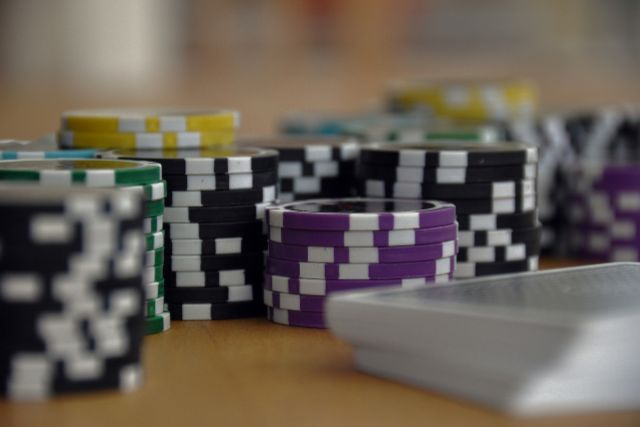Compulsive gambling, also known as gambling disorder, is a serious condition characterized by an inability to resist the urge to gamble despite negative consequences. Identifying a compulsive gambler early is crucial to prevent further personal and social harm. This article explores the telltale signs and behaviors of compulsive gambling and offers insights into detection and prevention.
Understanding Compulsive Gambling
Compulsive gambling is a behavioral addiction that can have devastating effects on individuals and their loved ones. It often begins innocently, with occasional betting or gaming, but gradually escalates into a compulsive need to gamble. The desire to gamble becomes all-consuming, leading to financial problems, strained relationships, and emotional distress.
Signs of Compulsive Gambling
1. Obsession with Gambling
Compulsive gamblers often center their thoughts, conversations, and activities around gambling. They may frequently recount past gambling experiences and eagerly discuss future gambling plans or strategies.
2. Escalating Wagering
An escalating pattern of gambling is a hallmark of compulsive gambling. The individual finds themselves betting increasingly larger sums of money, not necessarily for the potential reward but for the thrill or excitement it provides. Gambling sessions tend to extend beyond planned durations.
3. Inability to Stop
Attempts to cut back or quit gambling are met with resistance and agitation. Compulsive gamblers struggle to control their urge to gamble, even when they recognize the negative impact it has on their lives. Gambling becomes a coping mechanism to escape from underlying problems or stressors.
4. Deception and Denial
Compulsive gamblers resort to deceit to conceal their habit from family and friends. They may fabricate stories about winnings or downplay the extent of their gambling activities. Confrontation often leads to denial or defensiveness, with the individual vehemently denying they have a problem.
5. Financial Desperation
Financial instability is a common consequence of compulsive gambling. The individual may resort to borrowing money from loved ones, refinancing loans, or even engaging in fraudulent activities to sustain their gambling habit. Assets such as mortgages, life insurance, and retirement savings may be depleted to fund gambling.
6. Social and Emotional Impairment
Compulsive gambling takes a toll on personal and professional relationships, as well as mental well-being. Shame, guilt, and remorse accompany gambling losses, leading to strained relationships and social isolation. In severe cases, thoughts of suicide may arise due to feelings of helplessness.
7. Personality Changes
The behavior of compulsive gamblers undergoes significant alterations. They may become manipulative, irritable, and defensive, often withdrawing from previously enjoyed activities and responsibilities. Gambling becomes the primary focus, overshadowing other aspects of life.
8. Temporal Disregard
Compulsive gamblers exhibit a disregard for time, engaging in gambling activities regardless of the occasion or event. They may prioritize gambling over important commitments, such as holidays or special occasions, further exacerbating their addiction.
Conclusion
Identifying the signs of compulsive gambling is crucial for intervention and support. Early recognition allows for the implementation of preventive measures and access to appropriate treatment options, including counseling and support groups. Family members and loved ones should remain vigilant and offer non-judgmental assistance to individuals struggling with gambling disorder. By fostering awareness and understanding, we can combat the detrimental effects of compulsive gambling and promote healthier lifestyles.








